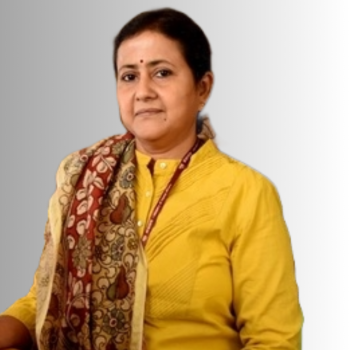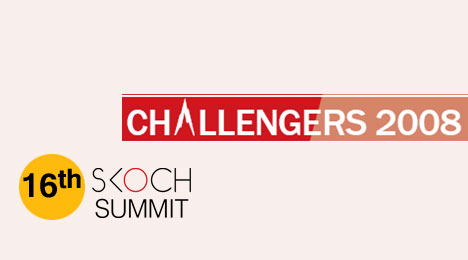
16th SKOCH Summit | Tuesday & Wednesday | 18th & 19th March 2008 | India Habitat Centre New Delhi
Emerging Technologies for Rural India
Given the governance imperatives of India, Information and Communication Technologies (ICT) should cater to the needs of rural India. The announcement by the Ministry of Panchayati Raj to computerize 250,000 Panchayati Raj Institutions over the next three years is one such welcome step. Nearly 40,000 odd Gram Panchayats have already opted for ICT and applications vary from grassroots planning, financial accounting, implementing and monitoring of centrally sponsored schemes, offering birth and death certificates, handling revenue streams like house tax and automation of the functioning of the Gram Panchayats etc.
Similarly, the Ministry of Rural Development has considered consolidating all ICT applications under a single mission mode project, establishment of decentralized data centre, a comprehensive automation of all land and land resources through GIS. The Ministry of Agriculture too has processed its mission mode project for enablement of all agriculture related interventions under the National e-Governance Plan (NeGP). Integrated Rural Health Mission (IRHM), Integrated Child Development Scheme (ICDS), Pradhan Mantri Gram Sadak Yojana (PMGSY) and other important social sector, Bharat Nirman projects – all call for an integrated information system to better target the spending on one hand and visibility into and monitoring of the outcomes on the other. All these imperatives together have created a rural thrust for ICT from the governance perspective.
Equally ambitious have been the financial inclusion and outreach plans being envisaged by the financial sector, Department of Posts, micro-credit institutions and Non-Banking Financial Companies. The challenges at the grassroots are similar – are we ready with the solutions? Biometrics, Smart Cards, Rural PCs, hand-held devices, connectivity options, power backup, cycle powered generators to choice of software, applications and cutting edge geographical information systems coupled with need for community participation as stakeholders in governance are creating a need for debate, discussion and examination of Emerging Technologies for Rural India. This session was co-organized with the National Informatics Centre, Government of India addressed all the above issues in a comprehensive fashion.
Panchayati Raj – Focus on Finances
The Ministry of Panchayati Raj as a co-organizer of this session naturally meant stakes were high in this session. Everyone agreed that for improvements in the last mile delivery of public goods and services – Panchayati Raj Institutions (PRIs) should play a key role. Skoch teams have visited PRIs in 14 states over the past 4 years and have comprehensively documented their progress, hopes and aspirations in a series of videodocumentaries. On the basis of our learnings, we firmly believe that PRIs are unable to play their constitutionally envisaged role due to lack of adequate funds and especially the untied grants.
A key objective of the conference hovered around examining the state of readiness of PRIs and deliberated on how best they can be strengthened. The conference took a holistic view of the Panchayat Finances – this could include Central as well as State Finance Commissions. It explored if releases could/should be linked to the deovolution of functions and functionaries and explored the possibilities of having a separate budget window for funding PRIs at the states.
With the the setting up of the Thirteenth Finance Commission, the conference appropriately looked at these issues in a comprehensive manner. For instance, are parallel structures creating a problem and how this can be tackled? Schemes like Backward Regions Grant Fund (BRGF) have brought in some experience with conditionalities – does they work? Understanding the role of Panchayats in planning, governance, monitoring and accounting and technology enablement of the entire process. Examining examples of states where DRDAs are under PRIs and whether this has positively impacted the system.
The conference was attended by delegates from several states and also included few elected representatives, state Panchayati Raj secretaries as well as civil society who shared their experiences and deliberated on grassroots level issues.
Capacity Building and Change Management
Capacity building and Change Management have emerged as the two key factors that will decide the success of practically all major initiatives in the country that are aimed at spurring a broader inclusive growth, following a reform agenda or simply trying to strengthen our delivery system. Given that the budgetary allocations for all these has been increased enormously, these two issues capture the focus of our policy makers.
The National e-Governance Plan had recently announced an INR 313 crore capacity building fund for decision makers of NeGP. Similarly, the Ministry of Panchayati Raj have identified multi-faceted capacity building of 2.2 million odd elected Panchayat representatives as a key focus area. The Ministry of Rural Development is supporting skill based training programmes along with cluster development initiatives. Change management and implementing reform in Urban Local Bodies is the clarion call of the Ministry of Urban development. From Department of Personnel and Administrative Reforms, Planning Commission to IIT-Mumbai and IGNOU are all trying for integrated approaches and harnessing of technology to better address such areas.
Managing industrialization, need for land with a plan for Rehabilitation and Resettlement are areas calling for stakeholder sensitization and managing change. Our country has quite a few geographically challenged areas, be in the form of our Hill States or the North Eastern Region, any change management and capacity building discussion can not be complete without taking note of these and their peculiar requirements separately. Through power panel discussions and keynotes encompassing senior policy makers to grassroots participants, the conference looked at what is actually happening at the ground level.
State Data Centres and Common Infrastructure
The conference deliberated on the initiatives taken by the Ministry of Communications and IT under the National e-Governance Plan for providing a common technology platform for multifarious issues and projects as discussed above. The projects such as the e-Districts is set to activate all government services at the district while the Common Services Centres aims at making these available at a location near to a citizen. The State Wide Area Networks (SWAN) proposes to form the life blood of e-Bharat with State Data Centres being the knowledge repositories of the nation.
Skoch Challenger Awards 2008
Skoch Challenger Awards are one of the highest civilian honour in the country that provides recognition to people, projects, institutions for their extraordinary achievements in contributing to society. Positioned at the culmination of this two day Summit are the Seventh Annual Skoch Challenger Awards. Over the past seven years that the awards have been conferred, the mighty and the ordinary have shared this platform for their extraordinary achievements in contributing to the society. This year again our awardees come with inspiring stories that others can take note of and learn from. The awards cover the best of efforts in the area of digital inclusion, financial inclusion and social inclusion. They encompass the best of governance, look at excellence in academics, capacity building, empowerment and other such softer issues that normally get lost in the glamour and the glitz of industry sponsored or advertising focused jamborees.
The Challenger awards are coveted for their independence, primary research and a distinguished jury based approach. No industry or government support or endorsement is accepted for the awards and they remain independently instituted and conferred as a third party perspective. The roll of honor of the challenger awards over the years is a testimony to this.
The Sixth Annual Skoch Challenger Awards were conferred on following:
Grassroots Organization of the Year
– Mazdoor Kisan Shakti Sangathan
Financial Inclusion
– Puducherry, Indian Bank
– Jeevan Madhur, LIC of India
– Micro-credit, Bandhan
Inclusion Leader of the Year
– K C Chakrabarty, CMD, Punjab National Bank
Rural Infrastructure
– Pradhan Mantri Gram Sadak Yojana
Public Private Partnership
– Jawaharlal Nehru National Urban Renewal Mission
Academic Excellence
– Indian Institute of Technology – Bombay
National Significance
– MCA-21, Ministry of Corporate Affairs
Person of the Year
– Anil K Khandelwal, CMD, Bank of Baroda
Customer Relationship Management
– B Sambamurthy, CMD, Corporation Bank
Digital Inclusion
– e-Gram, Gujarat
ICT in Education
– Directorate of Education, Delhi
ICT in Panchayati Raj
– Nalgonda
Empowerment
– Panchayati Raj, Kerala
Exemplary Use of Technology
– ZERO-MASS Foundation
e-Health
– HMIS, Gujarat, TCS
Guest of Honour
– C Rangarajan, Chairman, Economic Advisory Council to the Prime Minister







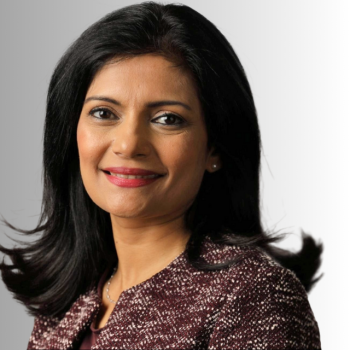



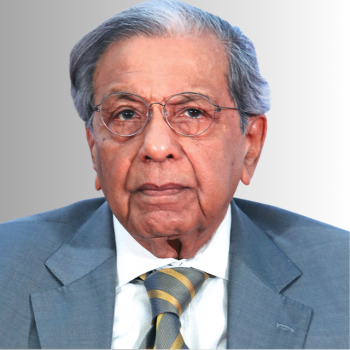
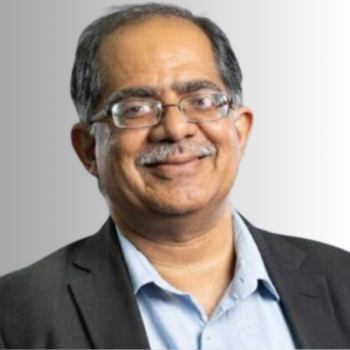

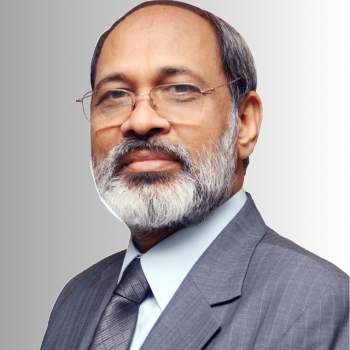
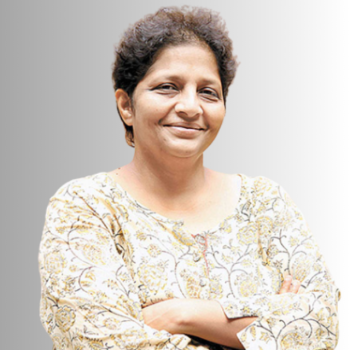
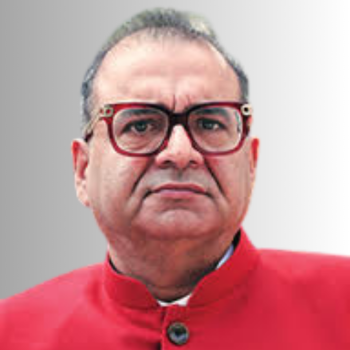
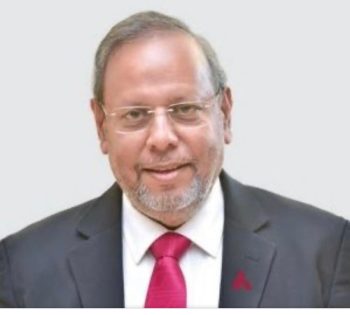
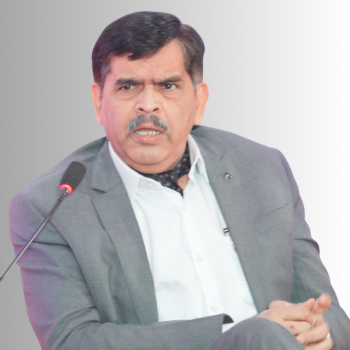 Dr Ashwani Mahajan, National Co-Convener, Swadeshi Jagaran Manch
Dr Ashwani Mahajan, National Co-Convener, Swadeshi Jagaran Manch